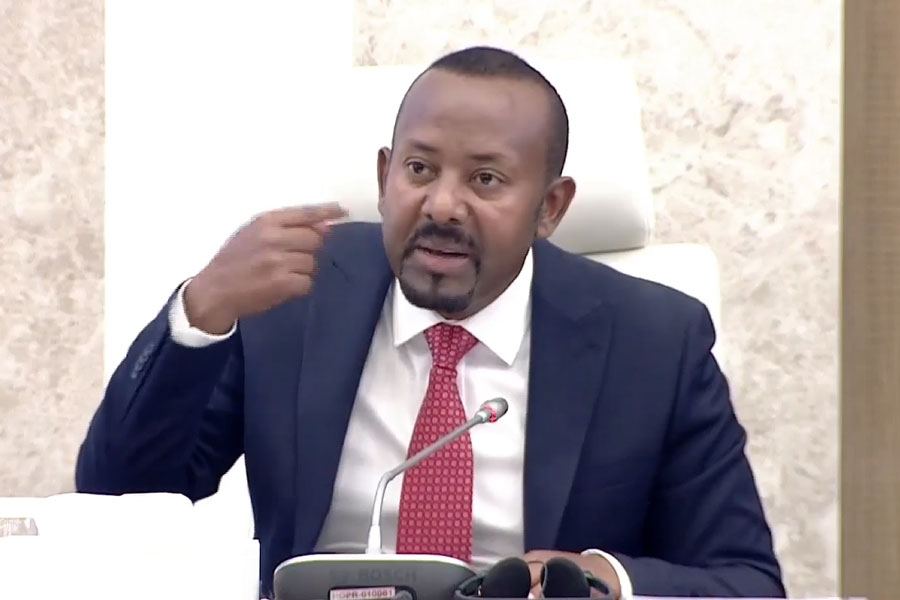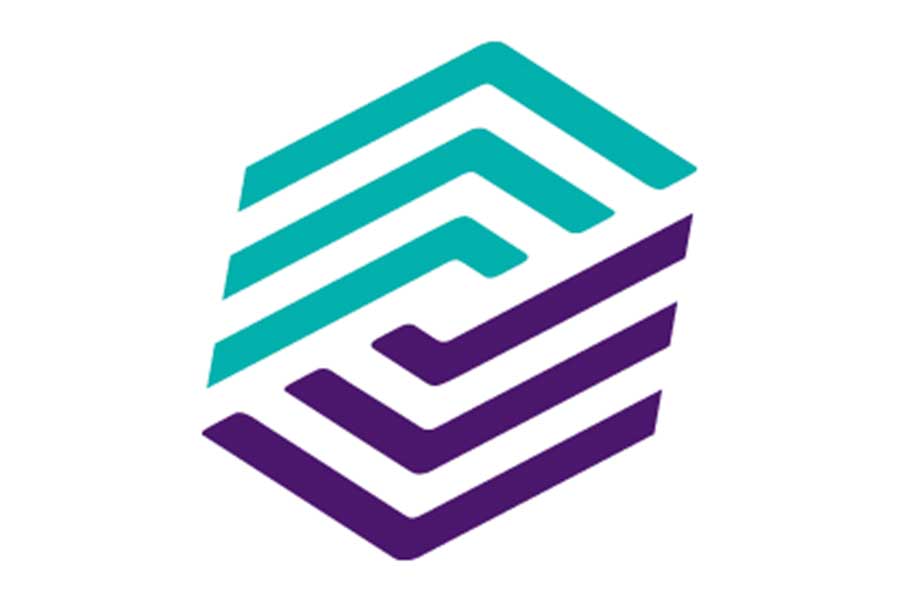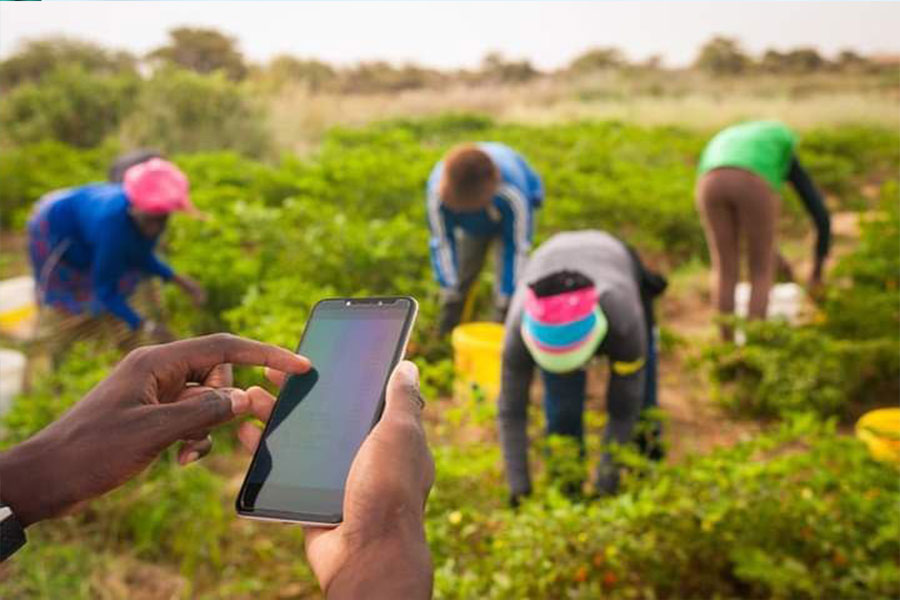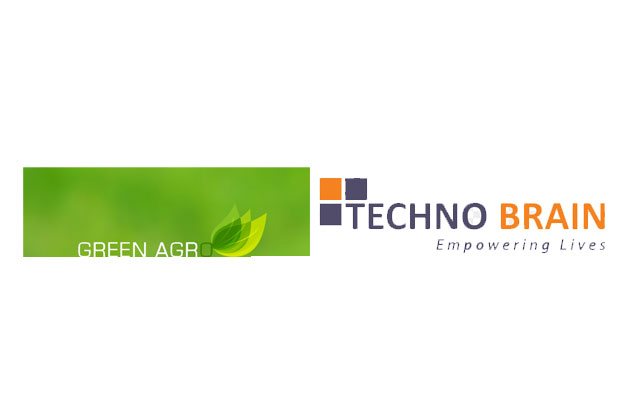
Two federal government agencies working in the field of education have partnered on a project for the creation of digital multimedia content for higher learning institutions. The project focuses on content creation in audio, video and visual story formats.
The Ethiopian Education & Research Network along with the Federal Technical & Vocational Training Institute (TVET) have launched the pilot project. The Network is carrying out the first-round training for 22 teachers representing universities across the country and the TVET Institute.
A South African company provided initial training for four university teachers for free on Information Technology (IT) support along with instruction on how to design multimedia content. Now the teachers have continued providing training themselves.
The training had pedagogical elements, but it also focused on capturing and keeping the attention of students while creating content, according to Zelalem Assefa, director-general of the Network.
"We're currently training future trainers," said Zelalem, who stated that higher education institutions in the country do not have their own multimedia content. "The plan is to grow this content creation to include not only videos but augmented and simulated reality components in the long run."
This will enable students to work with machines that are otherwise too expensive or inaccessible for practice, according to the director-general.
"It'll also minimise the disparity between the quality of education across institutions," he said. "Similar content will be shared among different institutions."
The TVET Institute, which had initiated the National TVET Digital Infrastructure Reform plan, conducted a three-day course in March for its 360 academic staff across the country on how to teach online classes.
Now with the support of the German Corporation for International Cooperation (GIZ), 20 digital scouts and IT professionals are building the capacity of the TVET teachers and are aiding the creation of the multimedia content. The scouts are also working on the National Academic Digital Library, run by the Network, which has course modules and over 70,000 reference materials.
The support of the scouts will last a total of three months until the end of October, and the plan is to replace them with the Network's own in-house IT professionals, according to Zelalem.
In addition to this, 15 e-learning agents from the TVET Institute, representing the 15 polytechnic colleges under its wing, have been selected to receive training as part of a four-year programme funded by the Finnish government for two million euros. The programme will focus on building the capacity of its staff along with procuring necessary supplies for the digital content creation.
The TVET Institute, through its mid-term plan to enhance online education through building infrastructure, has received 15 million dollars in support from the World Bank. The support is part of the 150 million dollar grant under the East African Skill for Transformation & Regional Integration, which includes Kenya and Tanzania. The Institute along with 40 of the total 80 polytechnic colleges in the country will benefit from this support.
Online content creation is a capital intensive procedure, as it requires a studio for the creation of content along with other materials, according to the Institute's Deputy Director-General, Haftom Gebregziaber.
"The creation of the content in itself won't be the last step," he said. "A viable platform and infrastructure are also necessary."
The Institute is now using the Electronic Learning Management System, an online platform designed by the Education Network for the 50 universities in the country.
The long-term plan of the TVET Institute is to create a TVET network where colleges and universities along with companies in relevant industries can interact, according to Haftom.
"This will enable sharing resources and facilitating the learning and working environment using local infrastructure," he said.
This is a praiseworthy initiative that will be beneficial in the long run, according to Tirusew Teferra (PhD), Ethiopian Education & Training Roadmap Project Leader.
"It's that much more important now with no clear date for the end of the pandemic," he said. "But it has given us the opportunity to take a step back and review what our education system looks like and make appropriate changes where necessary."
This will require training both students and teachers to have the skills and the confidence to work in this system, recommended Tirusew.
"We may also have to look at the more practical approach of blending the two types of education systems instead of going completely in one direction," he said.
PUBLISHED ON
Aug 29,2020 [ VOL
21 , NO
1061]

Radar | Nov 12,2022

Fortune News | Jan 11,2020

Radar | Jul 24,2021

Fortune News | Dec 29,2018

Sunday with Eden | Oct 20,2024

Fortune News | Apr 09,2022

Radar | Jun 22,2019

Fortune News | Mar 30,2019

Radar | Apr 30,2024

Fortune News | Nov 29,2020

Dec 22 , 2024 . By TIZITA SHEWAFERAW
Charged with transforming colossal state-owned enterprises into modern and competitiv...

Aug 18 , 2024 . By AKSAH ITALO
Although predictable Yonas Zerihun's job in the ride-hailing service is not immune to...

Jul 28 , 2024 . By TIZITA SHEWAFERAW
Unhabitual, perhaps too many, Samuel Gebreyohannes, 38, used to occasionally enjoy a couple of beers at breakfast. However, he recently swit...

Jul 13 , 2024 . By AKSAH ITALO
Investors who rely on tractors, trucks, and field vehicles for commuting, transporting commodities, and f...

Oct 25 , 2025
The regulatory machinery is on overdrive. In only two years, no fewer than 35 new pro...

Oct 18 , 2025
The political establishment, notably the ruling party and its top brass, has become p...

Oct 11 , 2025
Ladislas Farago, a roving Associated Press (AP) correspondent, arrived in Ethiopia in...

Oct 4 , 2025
Eyob Tekalegn (PhD) had been in the Governor's chair for only weeks when, on Septembe...